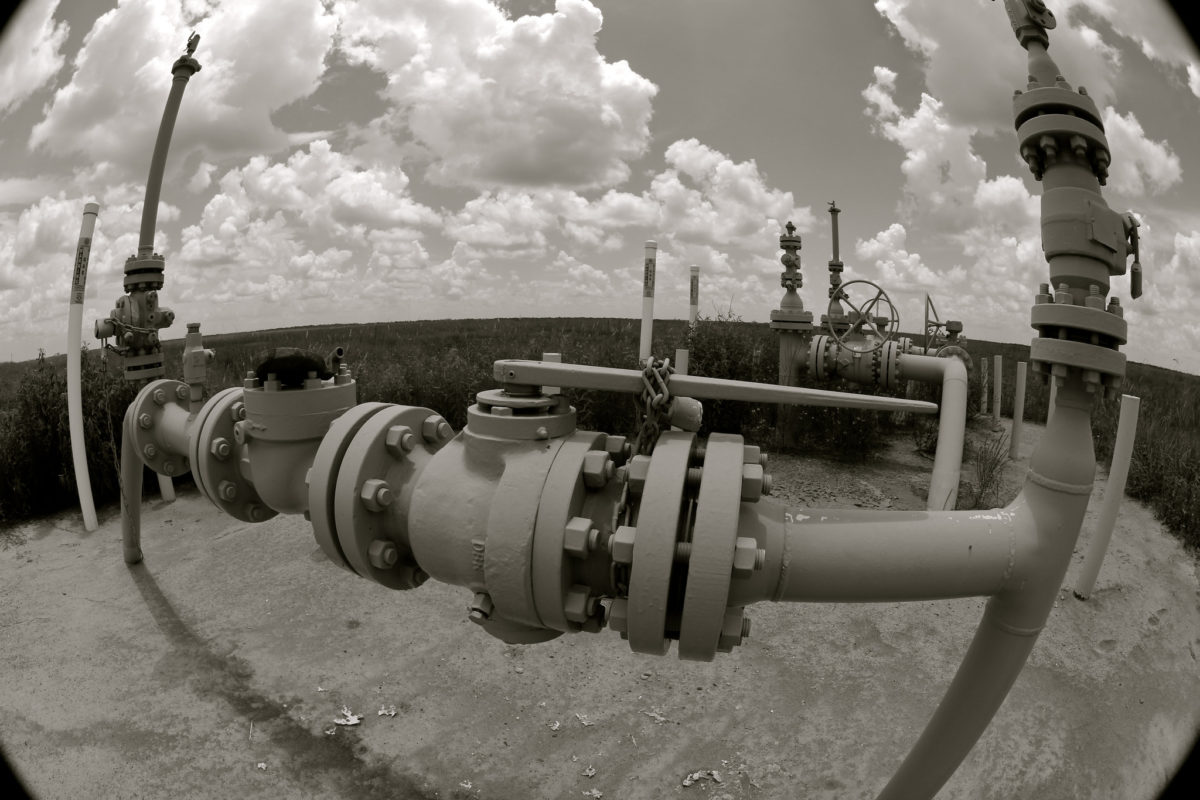From pv magazine Germany.
German energy transmission system operators Amprion and Open Grid Europe (OGE) claim to be achieving sector coupling on a grand scale with their ‘hybridge’ power-to-gas project.
The €150 million scheme involves construction of a 100 MW electrolyser and hydrogen infrastructure in the district of Emsland.
“We have come to the planning stage for hybridge so far, and we can now begin with the approval phase,” said Thomas Hüwener, OGE management board member, at the presentation of the project in Berlin yesterday.
The project partners said it was now imperative for politicians to approve the project so an example of sector coupling – between gas and electricity – can be achieved on a systemic scale, and to enable Germany’s plans to phase out coal by 2038. “The German climate goals, the phasing out of nuclear power and the upcoming exit from coal, represent an enormous challenge for our energy system,” said Klaus Kleinekorte, technical director of Amprion. “We now need to create the conditions for power-to-gas to be available on a gigawatt scale after 2030, and for sector-level interconnectivity.”
Extensive pipeline
If the regulatory requirements for implementing the project were met, the plant could be in operation in 2023, added Kleinekorte.
In Emsland, the companies would test how electricity from renewable energy could be converted, via electrolysis, into green hydrogen and green methane. The location was identified as there is an intersection between the Amprion and the OGE networks in Lingen.
In addition to the electrolyser, the partners want to develop an OGE pipeline for the exclusive transport of hydrogen. The hydrogen generated could be used directly by local companies and there is an hydrogen tank and loading station in the region. The gas infrastructure is also suitable to transport hydrogen in the Ruhr region and beyond.
The companies said they would not own the energy transported by the infrastructure that would bridge the electricity and gas networks, with power offered to traders and direct consumers via auctions on a non-discriminatory basis.
EU ‘Hy Care’ project developing compact metal hydride tank
Elsewhere, the ‘Hy Care’ project is moving towards green hydrogen, with €2 million backing from the EU’s Fuel Cells and Hydrogen Joint Undertaking program.
The project, also supported by the Helmholtz Center Geesthacht – Center for Materials and Coastal Research, aims to develop a prototype tank that could store at least 50 kg of hydrogen in the smallest space.
To date, pressurized tanks with a very large volume have been used to store hydrogen as a gas or – at extremely low temperatures – as a liquid. The EU-backed project aims to store hydrogen under much more favorable conditions, such as at room temperature and moderate pressures, as a powder metal hydride.
The Hydrogen Carrier for Renewable Energy Storage – Hy Care – project, coordinated by the University of Turin, aims to develop a container for at least 50 kg of hydrogen in the form of 3.4-4 tons of metal powder.
The tank has the same pressure-resistant shell as conventional containers, but the space required for storage shrinks to around one-tenth and even a 20th of the space is possible, according to the researchers. They estimate the size of the container possible to be 1-2 m3.
This content is protected by copyright and may not be reused. If you want to cooperate with us and would like to reuse some of our content, please contact: editors@pv-magazine.com.




By submitting this form you agree to pv magazine using your data for the purposes of publishing your comment.
Your personal data will only be disclosed or otherwise transmitted to third parties for the purposes of spam filtering or if this is necessary for technical maintenance of the website. Any other transfer to third parties will not take place unless this is justified on the basis of applicable data protection regulations or if pv magazine is legally obliged to do so.
You may revoke this consent at any time with effect for the future, in which case your personal data will be deleted immediately. Otherwise, your data will be deleted if pv magazine has processed your request or the purpose of data storage is fulfilled.
Further information on data privacy can be found in our Data Protection Policy.